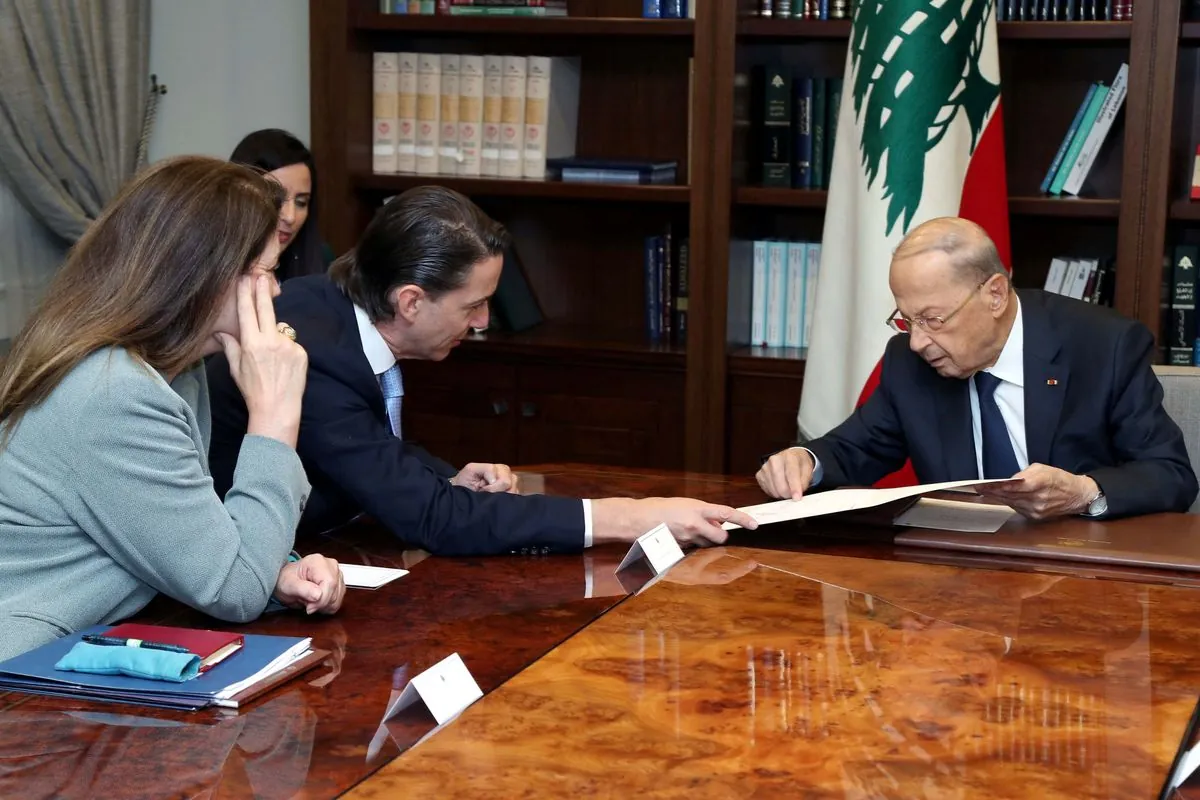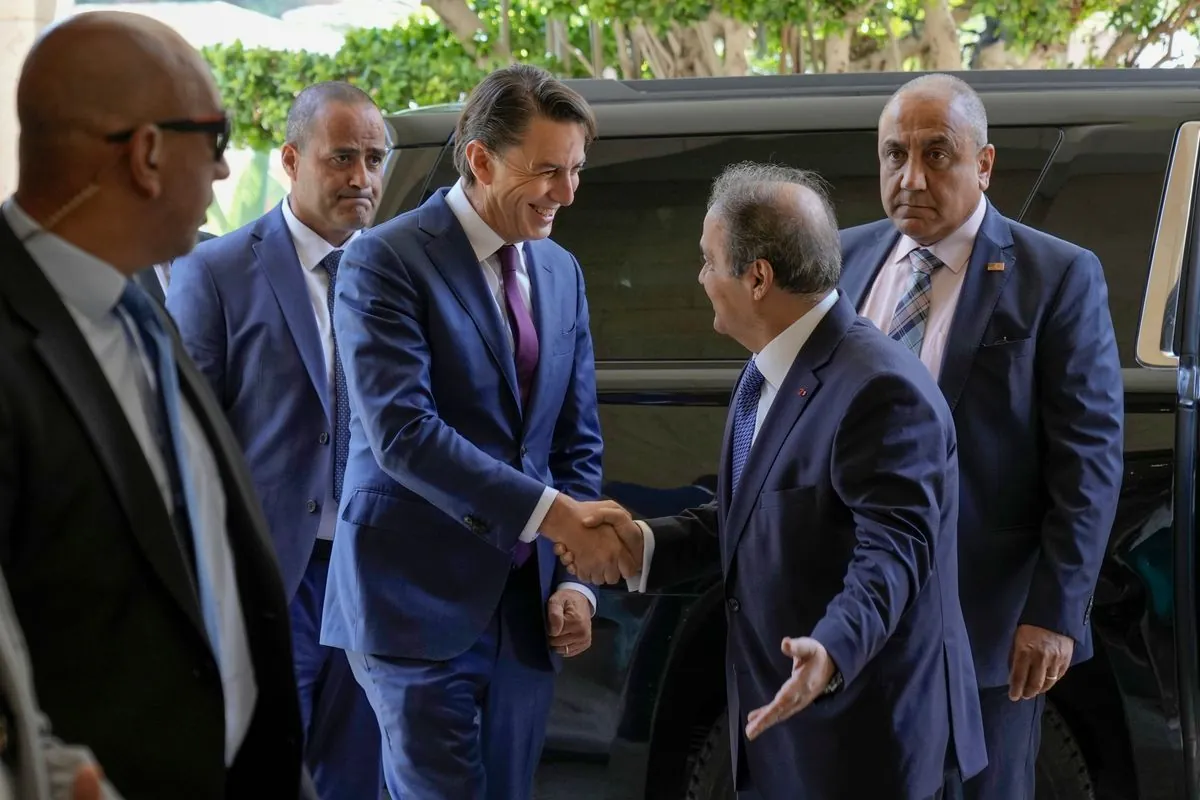US Diplomat Urges Swift Action to End Gaza War and Lebanon-Israel Tensions
US envoy Hochstein stresses urgency in diplomatic efforts to end Gaza conflict and Lebanon-Israel hostilities. Concerns rise over potential escalation as regional tensions simmer.

Amos Hochstein, a senior adviser to US President Joe Biden, has emphasized the critical need for immediate diplomatic action to resolve the ongoing Israel-Hamas conflict in Gaza and ease tensions along the Lebanon-Israel border. Speaking to journalists after meeting with Lebanese Parliament Speaker Nabih Berri, Hochstein expressed concerns about potential escalations that could spiral "out of control."
The US diplomat's visit comes at a time of heightened regional anxiety, with expectations of retaliatory attacks from Iran and its ally, the Lebanese Hezbollah group, against Israel. Hochstein's diplomatic efforts are part of a broader initiative to prevent the current tensions from escalating into a wider conflict.

Cease-fire talks between Hamas and Israel are set to resume in Qatar, with mediators from Qatar, Egypt, and the United States facilitating the discussions. These negotiations are crucial in the context of the ongoing conflict, which began on October 7, 2023, following Hamas' surprise attack on southern Israel.
"The more time goes by of escalated tensions, the more time goes by of daily conflict, the more the odds and the chances go up for accidents, for mistakes, for inadvertent targets to be hit that could easily cause escalation that goes out of control."
The situation has been further complicated by recent events, including an Israeli strike in southern Beirut last month that resulted in the death of a top Hezbollah commander. This incident, along with another explosion widely attributed to Israel that killed Hamas political leader Ismail Haniyeh, has heightened tensions and prompted vows of retaliation from both Tehran and Hezbollah.
Hochstein's diplomatic mission also included meetings with Lebanon's caretaker Prime Minister Najib Mikati and Army chief Gen. Joseph Aoun. The US envoy stressed the importance of reaching a cease-fire based on a framework presented by President Biden months ago, stating that such an agreement could also facilitate a diplomatic resolution in Lebanon.
The ongoing crisis has had significant humanitarian implications. Approximately 100,000 Lebanese people have been displaced from the country's south, mirroring a similar number of Israelis who fled the north. Lebanon, already grappling with a deeply divided government and a battered economy, faces the prospect of further devastation if war breaks out between Hezbollah and Israel.
Lebanon's preparation for potential conflict includes an emergency response plan developed by the caretaker government. Firas Abiad, the Health Minister, has called for increased donor support, highlighting the additional burden of hosting over 1 million Syrian refugees. Nasser Yassin, the Environment Minister leading the emergency response efforts, revealed that 200 schools are being prepared as makeshift shelters, with estimates suggesting up to one million Lebanese could be displaced in the event of an attack.
As diplomatic efforts continue, the international community remains focused on preventing the regional tensions from escalating into all-out war. The situation remains delicate, with the potential for miscalculation or unintended consequences looming large over the ongoing diplomatic initiatives.


































